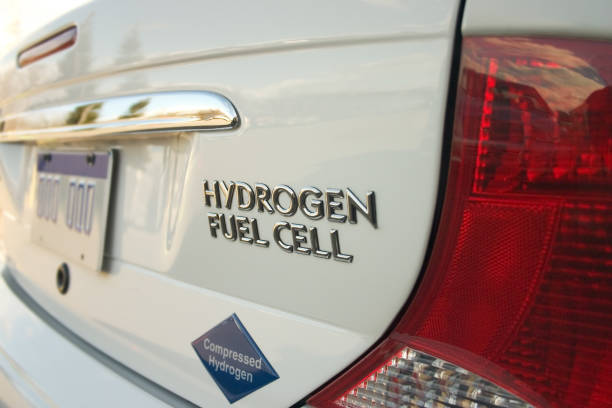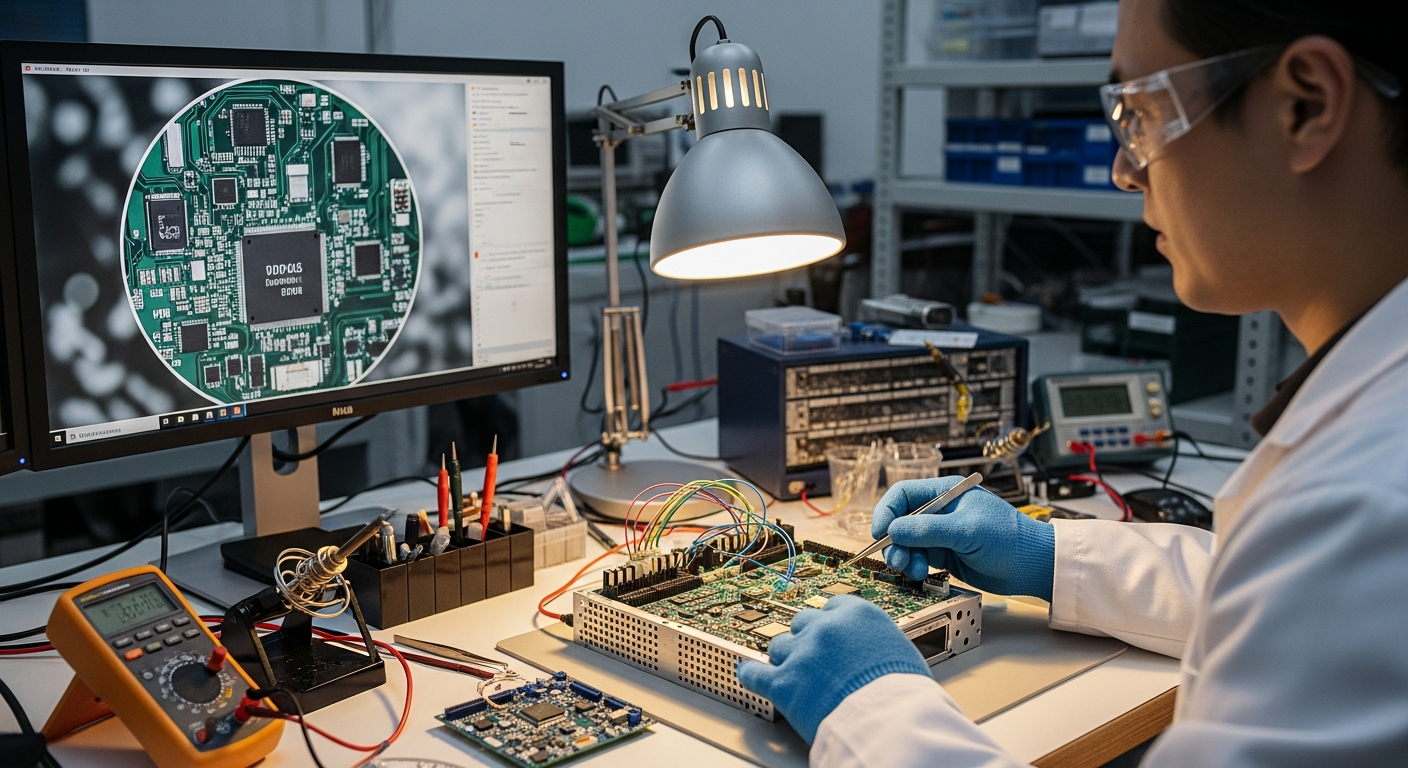Exploring the Untapped Potential of Hydrogen Fuel Cell Trucks
The roar of a diesel engine may soon be replaced by the quiet hum of hydrogen fuel cells in the world of heavy-duty trucking. As the automotive industry grapples with environmental concerns and the need for sustainable transportation solutions, hydrogen fuel cell technology is emerging as a promising alternative for long-haul trucks. This revolutionary approach to powering commercial vehicles could reshape the logistics landscape, offering a clean and efficient means of transporting goods across vast distances.

The Science Behind Hydrogen Fuel Cells
At the heart of hydrogen fuel cell technology is a simple yet ingenious process. Hydrogen fuel cells generate electricity through an electrochemical reaction between hydrogen and oxygen, with water as the only byproduct. This clean energy production method offers significant advantages over traditional internal combustion engines, particularly for heavy-duty vehicles that require substantial power output.
The fuel cell stack, composed of multiple individual cells, is the core component of this system. Each cell contains an anode, a cathode, and an electrolyte membrane. Hydrogen is fed into the anode side of the cell, where it’s split into protons and electrons. The protons pass through the membrane to the cathode, while the electrons are forced through an external circuit, generating electricity. At the cathode, these components combine with oxygen from the air to produce water.
This process allows for continuous electricity generation as long as hydrogen and oxygen are supplied, making it ideal for long-haul trucking applications where consistent power output is crucial. The efficiency of fuel cells can reach up to 60%, significantly higher than the average 20-35% efficiency of diesel engines, translating to better fuel economy and reduced operational costs.
The Environmental Impact of Hydrogen Fuel Cell Trucks
The potential environmental benefits of hydrogen fuel cell trucks are substantial. Unlike their diesel counterparts, these vehicles produce zero tailpipe emissions, with water vapor being the only exhaust. This characteristic makes them particularly attractive for urban areas struggling with air quality issues and for companies looking to reduce their carbon footprint.
However, it’s essential to consider the entire lifecycle of hydrogen production when assessing environmental impact. The most common method of hydrogen production currently involves steam methane reforming, which does produce carbon emissions. Nevertheless, as renewable energy sources become more prevalent, the possibility of producing green hydrogen through electrolysis powered by solar or wind energy becomes increasingly viable, further enhancing the environmental credentials of fuel cell trucks.
The reduced noise pollution from hydrogen fuel cell trucks is another notable environmental advantage. The near-silent operation of these vehicles could allow for extended delivery hours in urban areas, potentially easing traffic congestion during peak hours and improving overall logistics efficiency.
Infrastructure Challenges and Solutions
One of the primary obstacles to the widespread adoption of hydrogen fuel cell trucks is the lack of refueling infrastructure. Unlike the extensive network of diesel fuel stations, hydrogen refueling stations are currently scarce. However, several initiatives are underway to address this issue.
Governments and private companies are investing in the development of hydrogen corridors, strategic routes equipped with refueling stations to support long-haul trucking. These corridors are being planned and implemented in various regions, including Europe, North America, and Asia. For instance, the European Hydrogen Backbone initiative aims to create a pan-European hydrogen transport infrastructure by 2040.
Innovative solutions are also emerging to tackle the infrastructure challenge. Mobile refueling stations and on-site hydrogen production facilities are being developed to provide flexibility in hydrogen distribution. These solutions could prove particularly useful during the transition period as permanent infrastructure is being built.
Economic Viability and Market Adoption
The economic aspect of hydrogen fuel cell trucks is crucial for their market adoption. While the initial cost of these vehicles is currently higher than traditional diesel trucks, the total cost of ownership (TCO) over the vehicle’s lifetime could be competitive or even lower, depending on factors such as fuel prices and maintenance costs.
Fuel cells have fewer moving parts compared to internal combustion engines, potentially leading to reduced maintenance requirements and longer vehicle lifespans. Additionally, as production scales up and technology advances, the cost of fuel cell systems is expected to decrease significantly.
Government incentives and regulations are playing a vital role in driving market adoption. Many countries are implementing policies to promote zero-emission vehicles, including subsidies for hydrogen fuel cell trucks and stricter emission standards for diesel vehicles. These measures are encouraging fleet operators to consider hydrogen as a viable alternative for their long-haul operations.
Future Prospects and Industry Collaboration
The future of hydrogen fuel cell trucks looks promising, with major automotive manufacturers and technology companies investing heavily in this technology. Collaborations between truck manufacturers, energy companies, and logistics providers are accelerating the development and deployment of hydrogen-powered fleets.
Research is ongoing to improve fuel cell durability, increase power density, and optimize overall system efficiency. Advancements in hydrogen storage technologies, such as high-pressure tanks and solid-state storage solutions, are also enhancing the viability of fuel cell trucks for long-distance transportation.
As the technology matures and infrastructure expands, we can expect to see a gradual integration of hydrogen fuel cell trucks into various sectors, including long-haul freight, drayage operations, and even specialized applications like mining and construction vehicles.
The shift towards hydrogen fuel cell technology in trucking represents more than just a change in power source; it signifies a fundamental transformation in how we approach sustainable transportation. As the industry continues to innovate and overcome challenges, hydrogen fuel cell trucks may well become the backbone of a cleaner, more efficient logistics future, reshaping the landscape of commercial transportation for generations to come.






